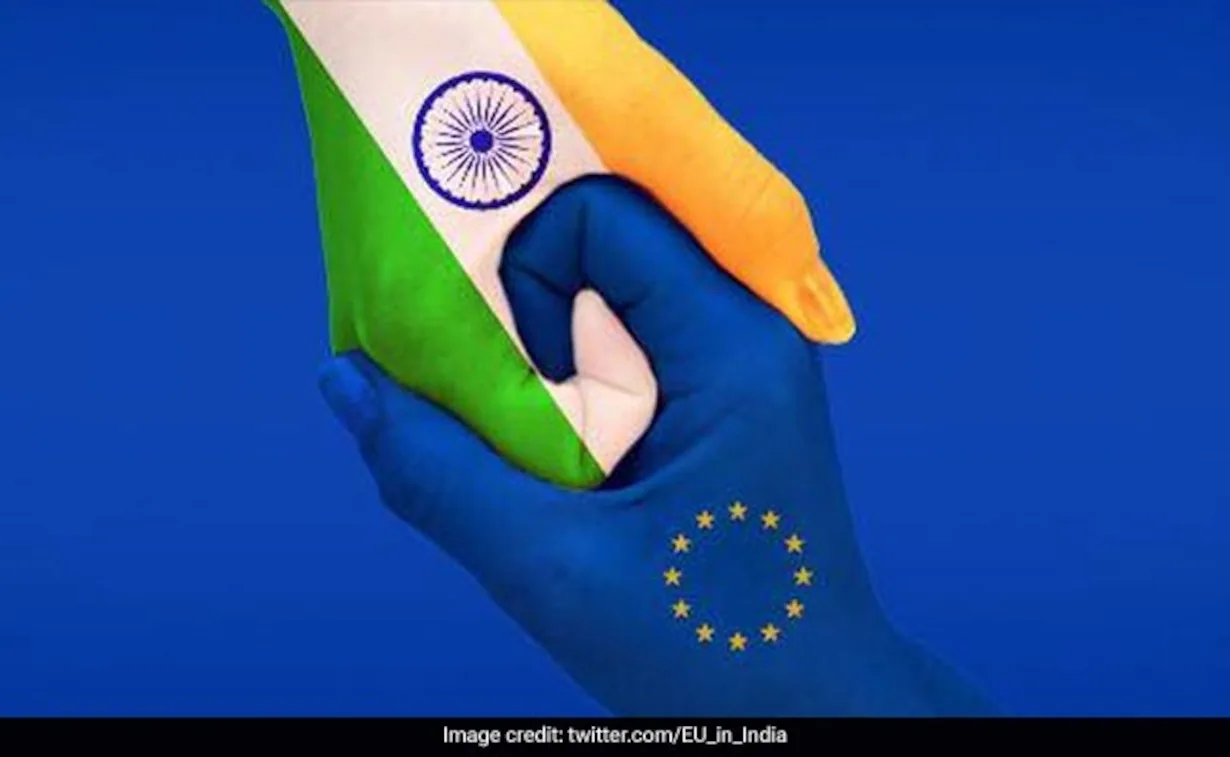
Trade balance with Europe moves into deficit in FY24
NEW DELHI : India’s trade balance with Europe has moved into negative territory over the first three quarters of FY24, with imports exceeding exports during the period. This is a reversal from FY22 and FY23, when the trade balance was positive.
According to data from the Ministry of Commerce and Industry, India’s trade with Europe stood at a deficit of $1.24 billion during the April-December 2023 period, with exports at $71.68 billion, up 0.66% annually and imports at $72.91 billion, up 6.5% annually.
In FY23, India’s trade balance with Europe stood at $7.35 billion, with exports at $98.34 billion, exceeding imports at $90.99 billion. That fiscal, exports to Europe rose by 14.16% annually and imports rose by 5.86%.
Similarly, in FY22, India’s exports to Europe rose by 55.71% annually to $86.15 billion, while imports rose 32.09% yearly to $85.96 billion. India’s overall trade balance with Europe during the year was $188 million.
To be sure, world trade had witnessed a slowdown during the pandemic years, in FY20 and FY21, due to lockdowns and other curbs.
As things stand, Indian exports have been impacted by a slowdown in global growth in the past quarters.
The tightening of interest rates due to nagging inflation, especially in advanced Western economies, has led to a slowdown in business, investment and trade. Meanwhile, conflicts in Ukraine and West Asia have threatened to push up commodity oil prices, leading to greater inflationary pressures.
Recently, Indian exports to Europe have also been impacted by the Red Sea crisis, with freight transporters avoiding the Suez Canal route in view of the security concerns in the region.
Experts said Indian exports to Europe and even to North America have been falling mainly due to global headwinds faced by advanced countries, with many strong economies like Germany and the UK showing recessionary trends.
The German economy stagnated in the third quarter, with the country narrowly avoiding a recession that is defined by two successive quarters of consecutive GDP declines. The UK, however, slipped into a recession in 2023.
“The economic health of countries like Germany and the UK is impacting Indian exports to Europe,” said Biswajit Dhar, a professor at the Centre for Economic Studies and Planning at Delhi’s Jawaharlal Nehru University.
“The matter of concern is when the global economy recovers, competition (for exports) will become severe while competing countries could resort to any kind of means to push their exports in the global market,” Dhar added.
Overall, so far this fiscal (April 2023-January 2024), India’s merchandise exports slid 4.89% to $353.92 billion, and merchandise imports stood at $561.12 billion, down 6.71% annually.
Indian products that are currently doing well in the export market include electronic goods, iron ore, drugs and pharmaceuticals, cotton and handloom products, and ceramic products and glassware. Meanwhile, exports of petroleum products, gems and jewellery, chemicals and rice have fallen.
On Thursday, Commerce Secretary Mr. Sunil Barthwal said the government has created a task force to investigate the issues of non-tariff barriers, sanitary and phytosanitary issues with various countries, and recommend measures to aid trade growth.
“The task force on non-tariff barriers will continue to work and give a push to our exports. We have also taken up the matter of non-listing of exporters with some countries and asked them to remove exporters that are not exporting and add other potential exporters to the list,” he added.

